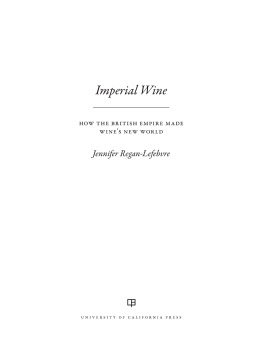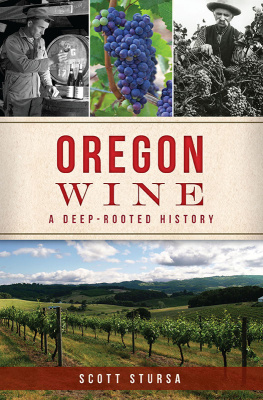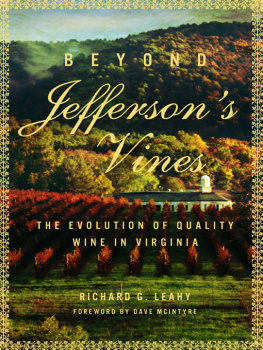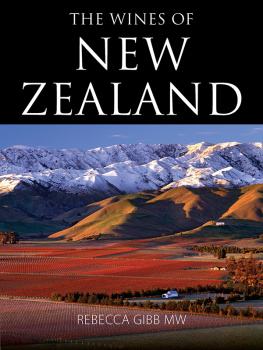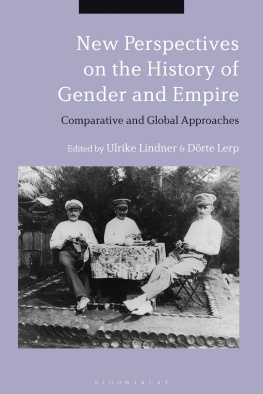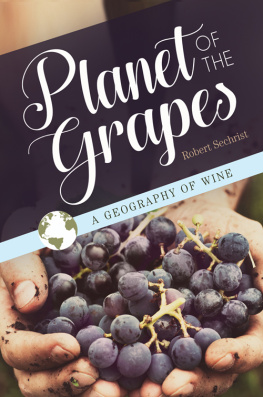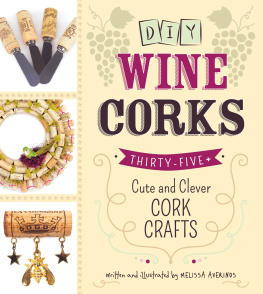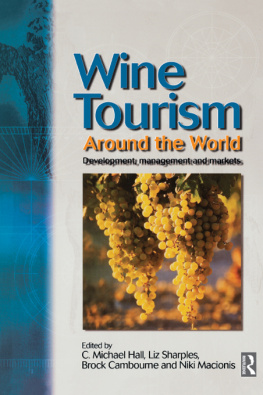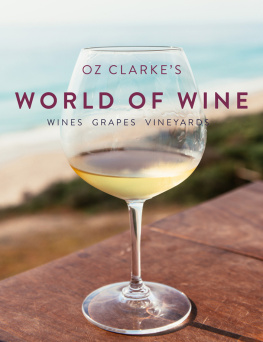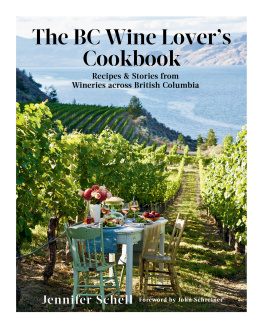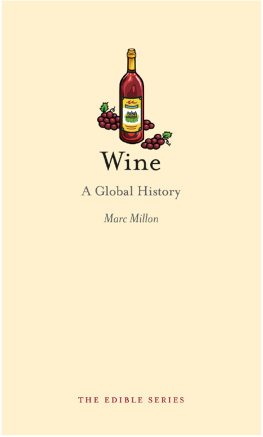Jennifer Regan-Lefebvre - Imperial Wine: How the British Empire Made Wine’s New World
Here you can read online Jennifer Regan-Lefebvre - Imperial Wine: How the British Empire Made Wine’s New World full text of the book (entire story) in english for free. Download pdf and epub, get meaning, cover and reviews about this ebook. City: Oakland, year: 2022, publisher: University of California Press, genre: History. Description of the work, (preface) as well as reviews are available. Best literature library LitArk.com created for fans of good reading and offers a wide selection of genres:
Romance novel
Science fiction
Adventure
Detective
Science
History
Home and family
Prose
Art
Politics
Computer
Non-fiction
Religion
Business
Children
Humor
Choose a favorite category and find really read worthwhile books. Enjoy immersion in the world of imagination, feel the emotions of the characters or learn something new for yourself, make an fascinating discovery.
- Book:Imperial Wine: How the British Empire Made Wine’s New World
- Author:
- Publisher:University of California Press
- Genre:
- Year:2022
- City:Oakland
- Rating:5 / 5
- Favourites:Add to favourites
- Your mark:
Imperial Wine: How the British Empire Made Wine’s New World: summary, description and annotation
We offer to read an annotation, description, summary or preface (depends on what the author of the book "Imperial Wine: How the British Empire Made Wine’s New World" wrote himself). If you haven't found the necessary information about the book — write in the comments, we will try to find it.
Imperial Wine is a bold, rigorous history of Britains surprising role in creating the wine industries of Australia, South Africa, and New Zealand. Here, historian Jennifer Regan-Lefebvre bridges the genres of global commodity history and imperial history, presenting provocative new research in an accessible narrative. This is the first book to argue that todays global wine industry exists as a result of settler colonialism and that imperialism was central, not incidental, to viticulture in the British colonies.
Wineries were established almost immediately after the colonization of South Africa, Australia, and New Zealand as part of a civilizing mission: tidy vines, heavy with fruit, were symbolic of Britains subordination of foreign lands. Economically and culturally, nineteenth-century settler winemakers saw the British market as paramount. However, British drinkers were apathetic towards what they pejoratively called colonial wine. The tables only began to turn after the First World War, when colonial wines were marketed as cheap and patriotic and started to find their niche among middle- and working-class British drinkers. This trend, combined with social and cultural shifts after the Second World War, laid the foundation for the New World revolution in the 1980s, making Britain into a confirmed country of wine-drinkers and a massive market for New World wines. These New World producers may have only received critical acclaim in the late twentieth century, but Imperial Wine shows that they had spent centuries wooing, and indeed manufacturing, a British market for inexpensive colonial wines. This book is sure to satisfy any curious reader who savors the complex stories behind this commodity chain.
Jennifer Regan-Lefebvre: author's other books
Who wrote Imperial Wine: How the British Empire Made Wine’s New World? Find out the surname, the name of the author of the book and a list of all author's works by series.

